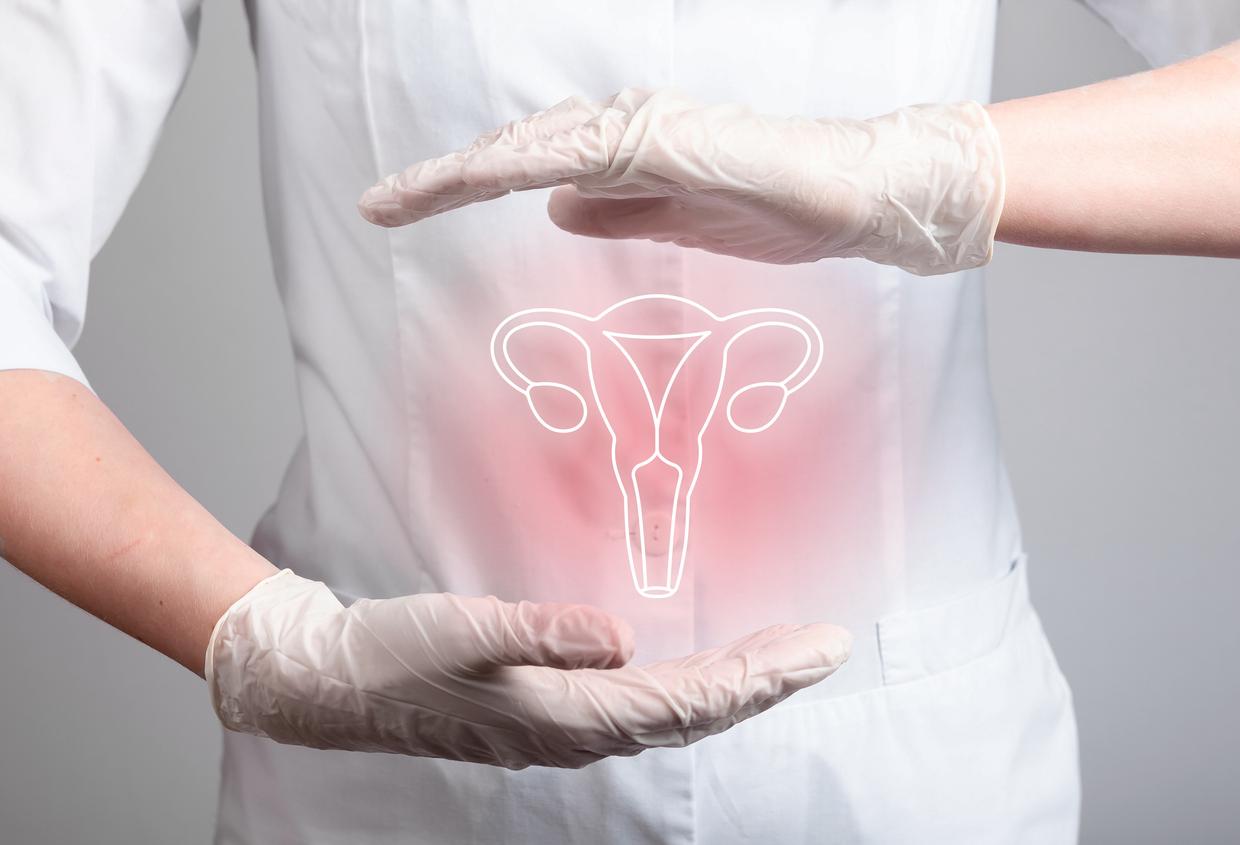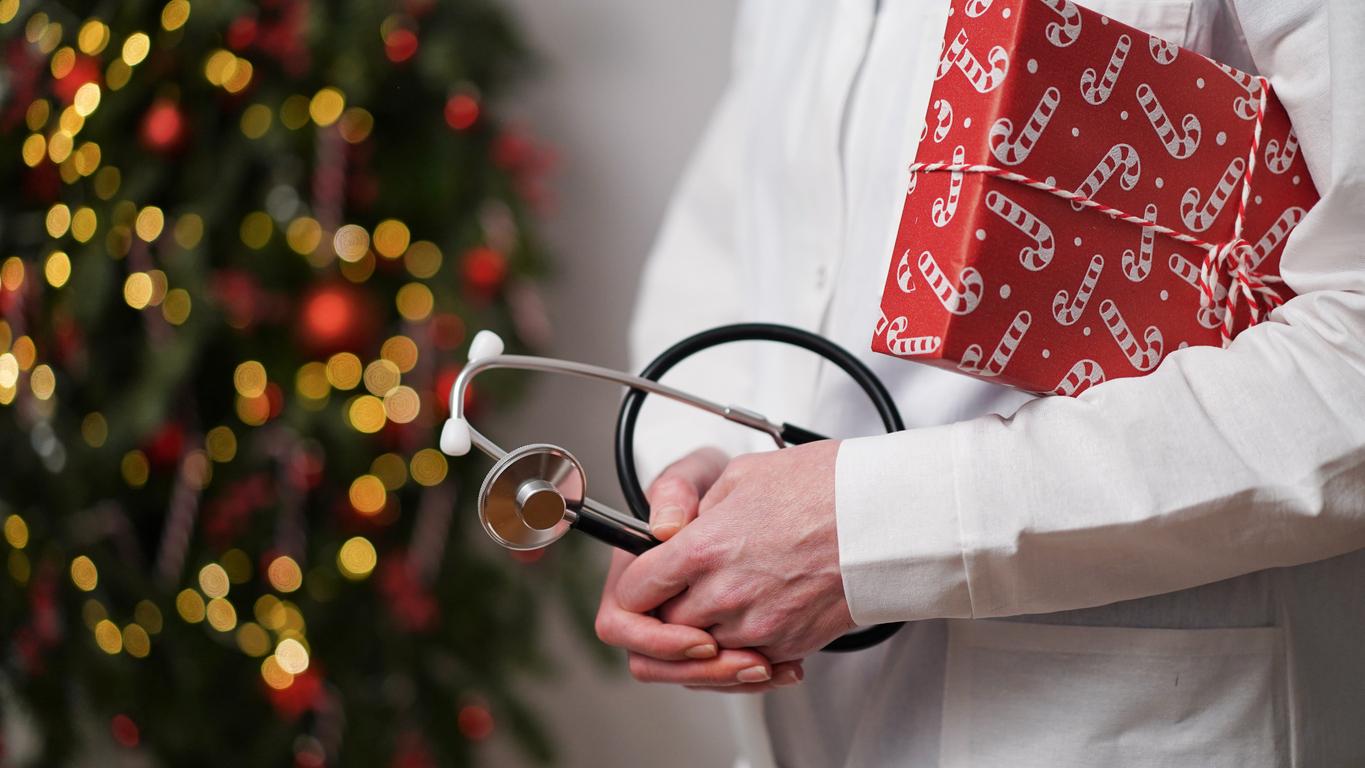As gastroenteritis season begins, here’s how to avoid catching it or passing it on to someone else.

- Acute gastroenteritis is an inflammation of the lining of the digestive tract.
- After an incubation period of 24 to 72 hours, gastroenteritis manifests itself by the sudden onset of acute diarrhea.
- There are several ways you can avoid catching or spreading gastroenteritis.
Since the transmission of gastroenteritis is mainly human-to-human, prevention and control measures for these infections are primarily based on the application of hygiene measures.
Gastroenteritis: implement hygiene measures
First of all, to limit the risks of transmission, careful and frequent cleaning of hands with soap is necessary.
“As some viruses (rotavirus and norovirus) are very resistant in the environment and present on surfaces, these must be cleaned carefully and regularly in places with a high risk of transmission (children’s communities, institutions welcoming the elderly, etc.)”, also indicates Public Health France.
When preparing meals, applying strict hand hygiene measures before touching food and when leaving the toilet is essential. “This is particularly important in communities (institutions for the elderly, hospital services, day care centers)”, explains Public Health France.
Gastroenteritis: resorting to childhood vaccination
In addition to these environmental preventive measures, it has been possible to have recourse to vaccination against gastroenteritis since June 2022. “Vaccination against rotavirus is recommended in France to protect infants and children against gastroenteritis caused by these viruses. It has been used for many years in most developed countries where it has proven to be highly effective,” indicates the site vaccination-info-service.
“Vaccination of infants against rotavirus is recommended from the age of 6 weeks. It is very important to respect the schedule planned for vaccination so that the doses can be received before the age limit (6 or 8 months depending on the vaccine used)”, can also be read on the information portal.
Two vaccines are now available in France and they are: “to drink” : no injection is necessary.
Gastroenteritis: stay at home for at least two days
Finally, if you are infected with gastroenteritis, it is better to stay at home for at least two days to avoid transmitting the disease to others. “Some people will no longer be contagious after 24 hours. But to be absolutely sure not to contaminate anyone, all patients should resume collective activities only 48 hours after the end of symptoms,” noted HAS (High Authority of Health).
The High Authority of Health specifies: “The return of a sick person to the community is subject to the prescription of antibiotics only in exceptional cases (whooping cough, group A streptococcus, shigella, etc.). In these cases only, the community can ask the person or their family for proof that this antibiotic has been prescribed (copy of the prescription).“The specialists add: “moreover, in rare cases, returning to the community may be subject to the production of negative microbiological tests. On the other hand, the community is not justified in requesting the provision of a certificate of non-contagion, which doctors must refrain from writing.”

Gastroenteritis: what are the symptoms?
Acute gastroenteritis is an inflammation of the lining of the digestive tract.
After an incubation period of 24 to 72 hours, gastroenteritis is revealed by the sudden onset of acute diarrhea. This type of diarrhea is characterized by changes in stool frequency (more than three stools in 24 hours) and consistency (loose or liquid). Diarrhea may be accompanied by nausea, vomiting, abdominal pain, cramps, moderate fever, and sometimes red blood in the stool.


















